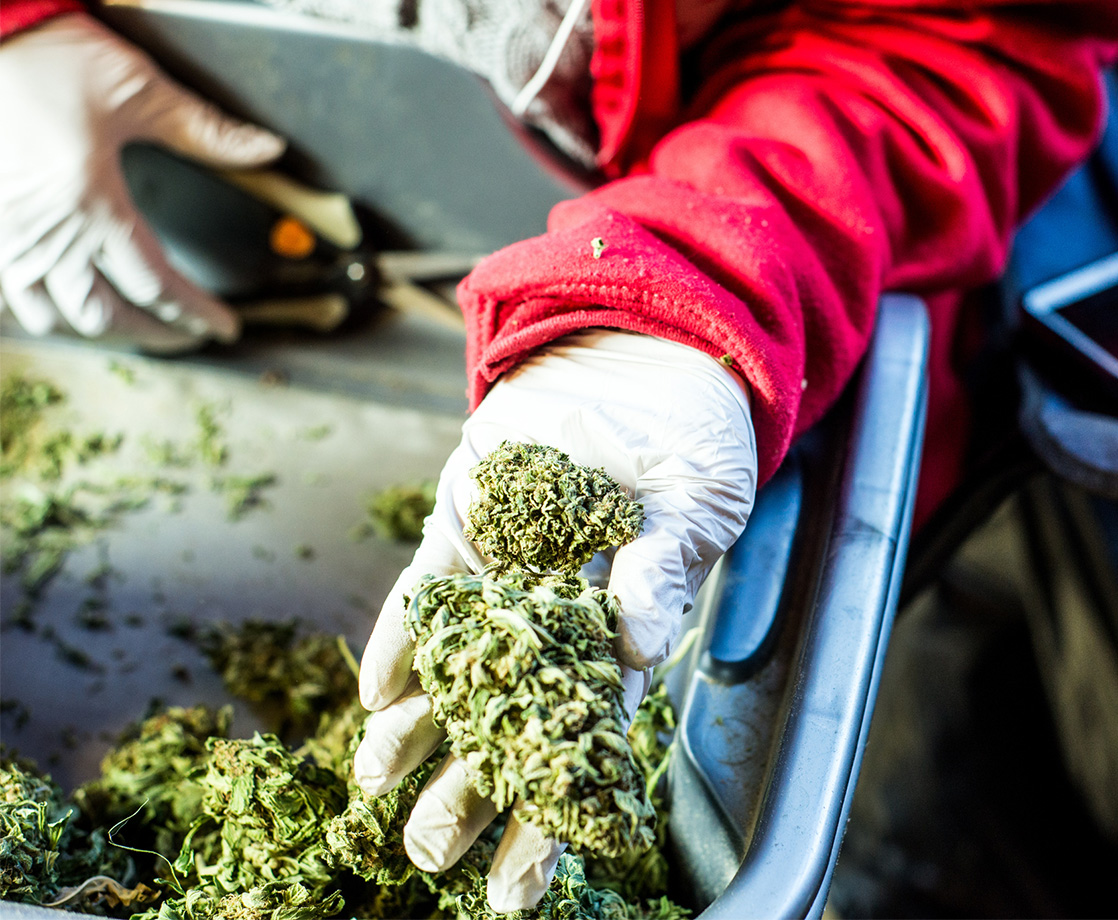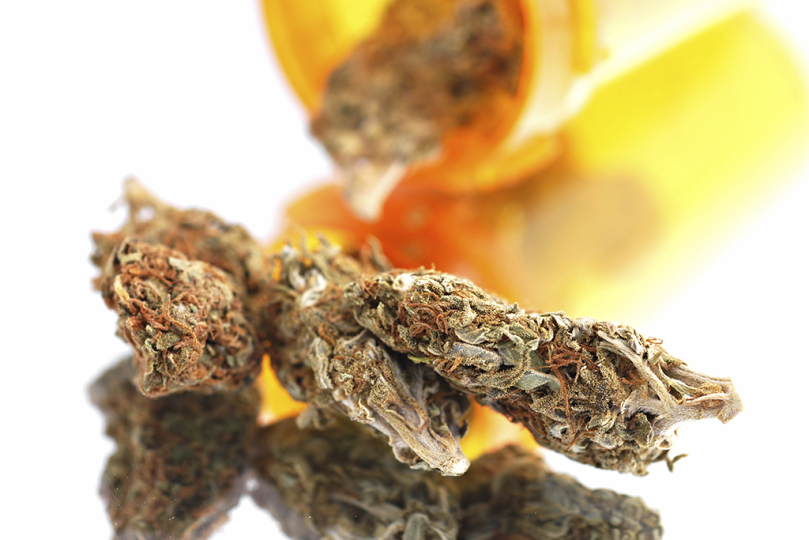All of the marijuana batches sold in Oregon must now be tested for pesticides, according to a report from the Oregon Cannabis Connection.
Earlier this week, the state’s Health Authority imposed a list of permanent rules on pesticides that now requires 100 percent of the pot to be directly tested before it can be cleared for retail sale. The updated policy replaces the state’s temporary regulations.
“Every batch of usable marijuana (flower and leaves) must be tested directly for pesticides according to the Oregon Health Authority’s testing rules in order to be compliant. This includes untested product that was collected for sampling prior to August 30,” reads a statement from the Oregon Liquor Control Commission (OLCC).
“Some temporary rules regarding the sampling and testing of usable marijuana have expired,” the statement continues, “and Oregon Liquor Control Commission Recreational Marijuana Program licensees are required to follow updated OLCC and Oregon Health Authority rules.”
Although Oregon has been credited with having some of the strictest rules in the country to prevent marijuana tainted with pesticides from being sold in dispensaries, the state admitted back in June that contaminated products were still being sold to the consumer.
The Oregon Health Authority made the decision several months ago to relax some of the rules associated with pesticide testing – giving companies the opportunity to clean up products tainted with pesticides that have been shown to be a relatively low risk to humans.
Yet public comment on the issue has demanded that tougher regulations remain in place in order to keep a tight leash on pesticide-infected pot.
The latest changes to the rules will do just that, according to a notice issued last week by the Oregon Liquor Control Commission.
“In October 2016, the Oregon Liquor Control Commission issued a finding that the pesticide testing requirement would be lowered to a minimum of one-third of batches of usable marijuana within every harvest lot, due to insufficient lab capacity,” the notice reads.
“Since that time, significant changes have occurred that have increased the lab testing capacity to ensure a steady flow of product through the supply chain. Last October, fewer than five labs were accredited to test for pesticides; today there are nearly ten such labs. Additionally, the Oregon Health Authority’s most recent testing rules increased by 50% the amount of usable marijuana that can be tested together in a batch.”
Although the new rules are expected to remedy pesticide concerns, the commission still plans to keep an eye on the situation and explore any potential problems associated with the policy change.











